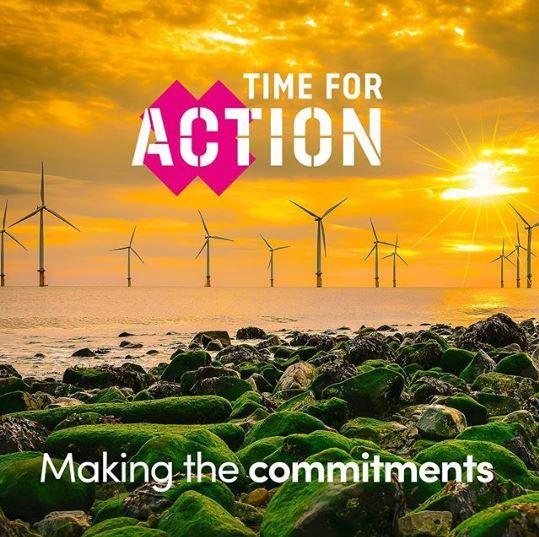SB&WRC research findings presented at futurebuild in London on March 5th-7th

The Sustainable Bio & Waste Resources for Construction (SB&WRC) project is part of the Programme Interreg VA France (Channel) England and benefits from financial support from the European Regional Development Fund’.
The University of Brighton is hosting an international exhibition and seminar aimed at stepping up efforts to eliminate waste in the construction industry.
The Waste Zone, an integral part of this year’s FutureBuild at ExCel London from 5 to 7 March, is being curated by University Senior Lecturer, architect and author, Duncan Baker-Brown, the man behind the University’s award-winning Waste House.
Duncan said: “Climate change is at the top of the world’s political agenda and we are encouraging as many people as possible – including our students and research & enterprise partners – to attend so they can learn more and spread the word about the urgent need to boost ideas and projects such as our Interreg Sustainable Bio & Waste Resources for Construction project that can encourage a genuine circular economy.”
The SB&WRC project team are exhibiting a large installation as a central part of the Waste Zone exhibition. The project aims at developing prototypes of construction insulation materials based on bio resources and recycled waste. The consortium is composed of academic research laboratories, consultancies, industry stakeholders and construction professional associations.
The team will be demonstrating its resourcing mapping model for sourcing material waste streams near to the three pilot sites in Bath, Brighton, & Rouen. Materials located include wheat straw, agri-waste from maize crops in Northern France, and waste bedding and oyster shells from Brighton.
FURTHER INFORMATION
Duncan said: “In the last ten years the construction industry has nearly halved the amount of construction and demolition waste it creates, and it is also exceeding EU waste reduction targets.
“This is great news but there is lots of room for improvement as this sector still creates 120m tonnes of waste a year. In 2017 London Waste and Recycling Board identified that by 2036 a circular economy could provide London with net benefits of up to £7bn per annum, with up to 12,000 new jobs.
“I feel that the construction industry is very well placed to take advantage of this, and with over 50 per cent of the world’s population now residing in cities, they are now the main driver for economic growth and have the potential to power a successful circular economy.
The Waste Zone will include an exhibition showing how waste can be a valuable resource for the construction industry, and invited suppliers will get the opportunity to show their innovative closed loop products. There will be a central seminar space where over 40 speakers will be invited to discuss the challenges and opportunities the circular economy presents.
Other speakers include Professor Michael Braungart, world authority on the circular economy and author of ‘Cradle to Cradle: Remaking the way we make things’; Dr Zoe Laughlin, co-founder of the Institute of Making and presenter of TV programmes including ‘The Secret Life of Landfill: A Rubbish History’ for BBC4; and Mark Miodownik, co-founder of the Institute of Making and presenter of TV programmes for Sky and BBC.



